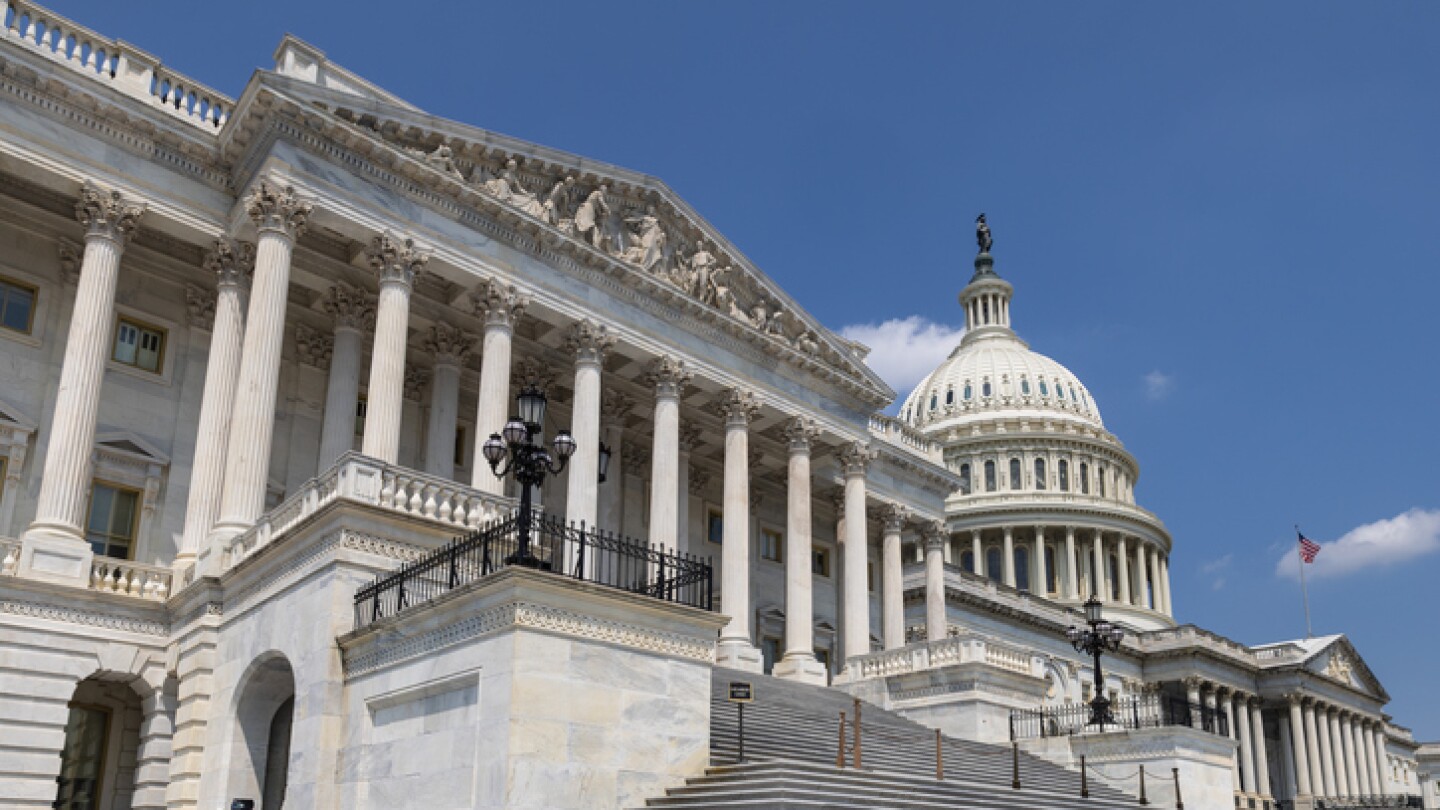Washington D.C.
Looking for an IT job? From data engineer to information security, check out the BioSpace list of 10 companies hiring life sciences professionals like you.
Looking for a research and development job? Check out the BioSpace list of 12 companies hiring life sciences professionals like you.
BioSpace has revealed its new 2026 Hotbed Maps, showcasing seven regional life sciences hot spots.
Looking for a job in regulatory? Check out the BioSpace list of eight companies hiring life sciences professionals like you.
Looking for a job in oncology? Check out the BioSpace list of nine companies hiring life sciences professionals like you.
Where thousands of former Health and Human Services employees will work next is unknown, but biopharma companies likely aren’t the main destination. Two biopharma executives discuss potential landing spots.
BioSpace has revealed its 2025 Hotbed Maps, showcasing nine regional hot spots for life sciences activity.
President-elect Donald Trump and his incoming administration are unlikely to attempt a wholesale restructuring of U.S. healthcare and could promote M&A activity, but controversial picks like Robert F. Kennedy could impact vaccine sales, experts say.
A senior senator has asked the CEOs of both companies to provide information about the limits they are putting on 340B drug pricing for hospitals.
While unlikely to pass this year, given the Democrats’ control over the White House and Senate, the proposed legislation might be a harbinger of the Republicans’ agenda next year for the Inflation Reduction Act should they win the November elections.
PRESS RELEASES










